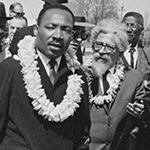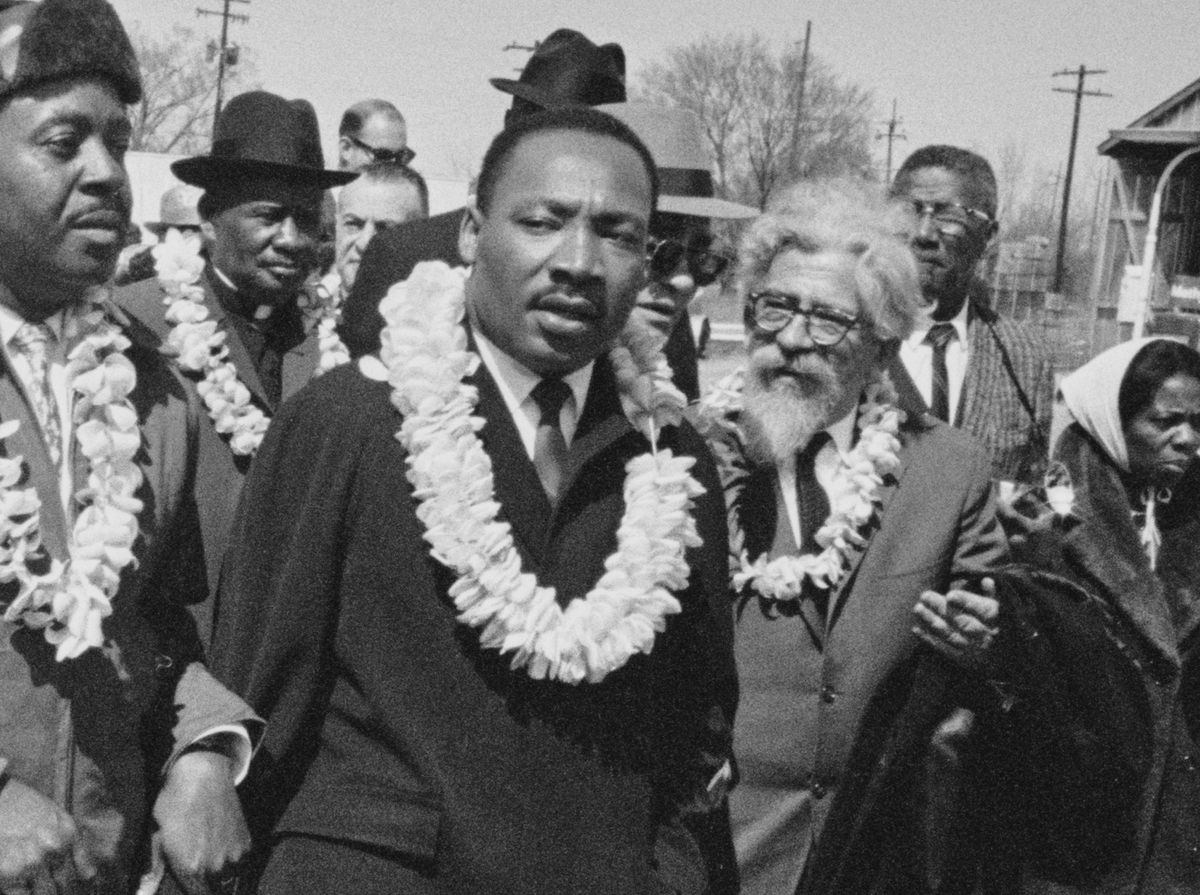
A feature article of the RSY-Netzer summer choveret focusing on Justice and Judaism, “This is Not Tikkun Olam,” is written by Orit Sagi, Director of Programs, Netzer Olami and Tamar Olami. The multi-media project includes inspiring and informative essays by Reform Jewish educators, and madrichim/ot and bogrim/ot of Netzer Olami. Follow RSY-Netzer on FB for the early July publication.
This is Not Tikkun Olam
By Orit Shoshani-Sagi
2020, what a strange year it’s been. I’m reading the news, checking social media, and it seems like the world is just falling apart. There are so many bad things happening that are upsetting, angering, and frustrating me. With so much injustice in the world, I ask myself, how can I make a meaningful change? There is so much wrong going on, where do I even start?
The lyrics from “The Sound of Silence” by Simon & Garfunkel, as sung more powerfully by Disturbed in their raw, emotional cover[1], keep echoing in my head over the past few weeks:
“And in the naked light I saw
Ten thousand people, maybe more
People talking without speaking
People hearing without listening
People writing songs that voices never share
And no one dare
Disturb the sound of silence”
Every day, I see tons of posts, articles, and pictures full of information with protests around the world. People are sharing to raise awareness and engender support for difficult issues in our history and society, but I am here in Israel. Am I removed from the protests, am I obligated to join even though geographically I’m unable to influence directly? In Netzer, we speak so much about Tikkun Olam that sometimes I wonder if we are overusing it and taking its potential for granted.
In Netzer Ideology, Tikkun Olam is the committment to repair or perfect the world we live in:
“Our commitment to Progressive Judaism and Reform Zionism make it our obligation to actively strive for a Messianic Era through the actualization of these ideologies on a personal, communal, societal, national and global level, in the vision of our Prophets. In viewing the Messianic Era as divinely inspired by a God of our own personal understanding, we see it as our human responsibility to undertake a process of Tikkun (reparation) in pursuit of this ideal, informed by our Jewish teachings, texts and values”.
This is such a powerful paragraph and sums up so beautifully, in a short sentence, what we are striving for. But is this really the way to do Tikkun Olam? I think the question should be – can we even do Tikkum Olam? And this might sound a bit depressing, but I think the answer is no.
Let me explain.
Tikkun Olam is an ideal and, as such, can never be achieved at its fullest. There will always be something to change and do. As the Director of Programs for Netzer Olami, I ask Shnat Netzer applicants in their interviews, “what does a repaired world look like?” Nearly all of them begin their answer full of confidence in describing an amazing world that is truly better in specific ways; and then, slowly, their tone of voice changes and their body language resigns to something less confident, perhaps more defeated, because as they are talking about this great ideal world, they seem to also start to realize it’s not that simple. Maybe societal ills aren’t as black and white as they seem, maybe they’re insurmountable and incapable of being fixed. The discussion concludes with the following summary, “It’s hard, I don’t know.”
And I have to agree. It is hard and I myself don’t know.
But I can try. We can try. In the great Netzer version of Pirkei Avot 2:16 we sing, “It is not upon you to finish the work, but neither are free to abandon it.”
(לא עליך המלאכה לגמור ולא אתה בין חורין להבטל ממנה (משנה אבות ב טז
To me, that is the key to creating a better and more just world: We can’t expect ourselves as individuals to fix the whole world.
I’d like to propose that we chill a bit with using the term Tikkun Olam so freely. Let’s dream it, let’s strive for it, but let’s figure out how we get our smaller circles to widen. How we go from individuals to pairs, to groups, to families, and to communities. This is how we start movements and change, smaller circles become bigger ones and move forward, together for larger impact.
There isn’t one way to fulfill the ideology and do Hagshama. A few years ago we published a survey and asked the movement’s older bogrim what are they doing nowadays, where are they working, and some other questions about their feeling connected to Netzer; the answers we got back varied. From lawyers to artists, engineers to educators, and doctors to teachers, the thing that strung all answers together was how they all described their ways of doing small tikkunim (repairs). One was a sustainable solutions engineer; one was part of doctors without borders; one was a human rights lawyer; and one was a kindergarten teacher. And they were all doing Tikkun in their day-to-day lives, not Tikkum Olam, but Tikkun – repairing in small ways, small issues, recognized as changeable, and certainly a step forward toward repairing the world. It’s ways like this that I find changing our use the term Tikkum Olam allows us to be more effective and modest. We can recognize small ways we are able to change; we don’t assume we have the power to change it all and fast.
A social change starts within. When asked where was god in the holocaust, Rabbi Abraham Joshua Heschel answered, where was man?[2] The responsibility is in our hands and we are “not free to abandon it.”
Rabbi Heschel was a Jewish theologian and philosopher and a big proponent of Judaism’s value on social action. And true to his word, he could be found in the 1960s in the US, protesting against the war in Vietnam and marching hand in hand with Dr. Martin Luther King Jr. for civil rights. A great, ideological person, he could have defiantly been accepted to Netzer.

Like the lyrics of Simon & Garfunkel, Rabbi Heschel believed that throughout history there were, and always are, calls for the Jewish people to act. But not enough were listening, he charged. “[…]there is no one who inclines his ear. The Torah calls on man, and none pay regard.”[3] It’s an active listening that Rabbi Heschel advocates for. We should begin by listening, by speaking with people who are experiencing injustice, we should ask for their opinions and listen, truly listen, to what they have to say.
“A few are guilty, but we are all responsible.”[4] It’s overwhelming to read so many bad things that are happening all around the world, but starting with ourselves suggests that we look around us, in our communities, schools, and streets; that we look and listen to the immediate around us. Even changing smaller issues starts change.
Expanding the circles. If we want to create change, even on a small scale, we need to find partners. It is impossible to create true and meaningful change in an empty void of the world as a whole. We are lucky enough to be part of Netzer and a global movement where many Progressive communities and organizations share these same values. While my colleagues and Reform Jews in the US were protesting #blacklivesmatter, I looked local, and joined the protest against gender violence in Israel. Instead of feeling helpless that I can’t actively change anything in the US from here, I found a way to use my voice, my feet, and my beliefs and stand up for change locally.
Together, with different calls for justice, I believe we are all helping move the world a few steps forward towards Tikkun Olam. And our responsibility is to encourage each other to act in his and her circles because every step changes, in large and small ways.
We are part of generations of people who have heard the call for action and listening, we might need to focus a bit more between all the calls and find ways we can act. This is not Tikkun Olam, but definitely a step (or ten) closer.
[1] Disturbed “The Sound Of Silence” 03/28/16. https://www.youtube.com/watch?v=Bk7RVw3I8eg
[2] Abraham Joshua Heschel Profile (PBS, Religion & Ethics Newsweekly).
https://www.youtube.com/watch?v=I6q1puhkUNg
[3] Heschel, Abraham J. (1976). God in Search of Man: A Philosophy of Judaism.
New York: Farrar, Straus and Giroux.
[4] Heschel, Abraham J. (1969) The prophets. New York: HarperCollins.
